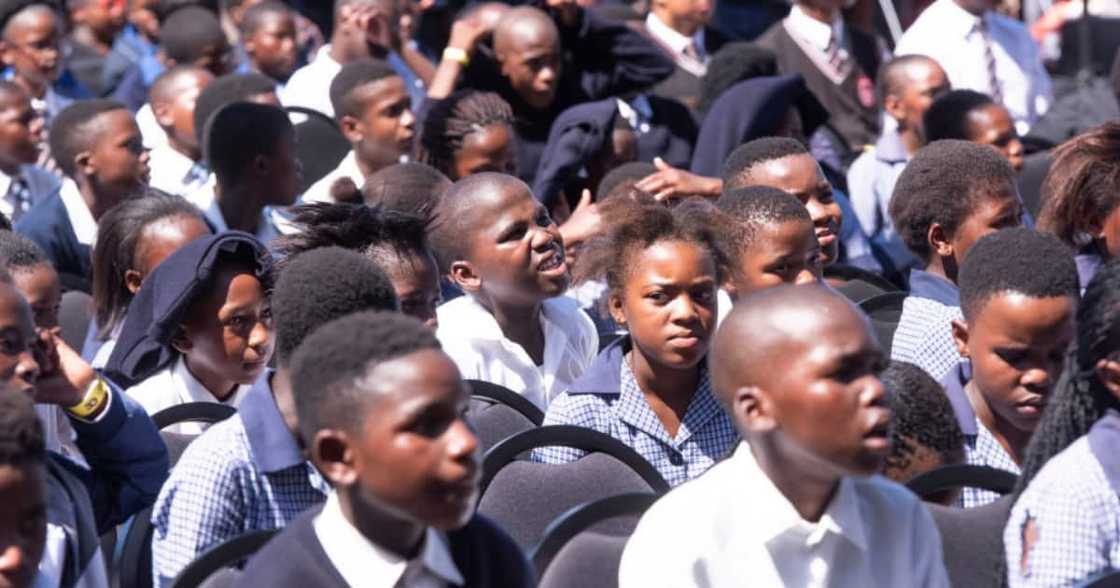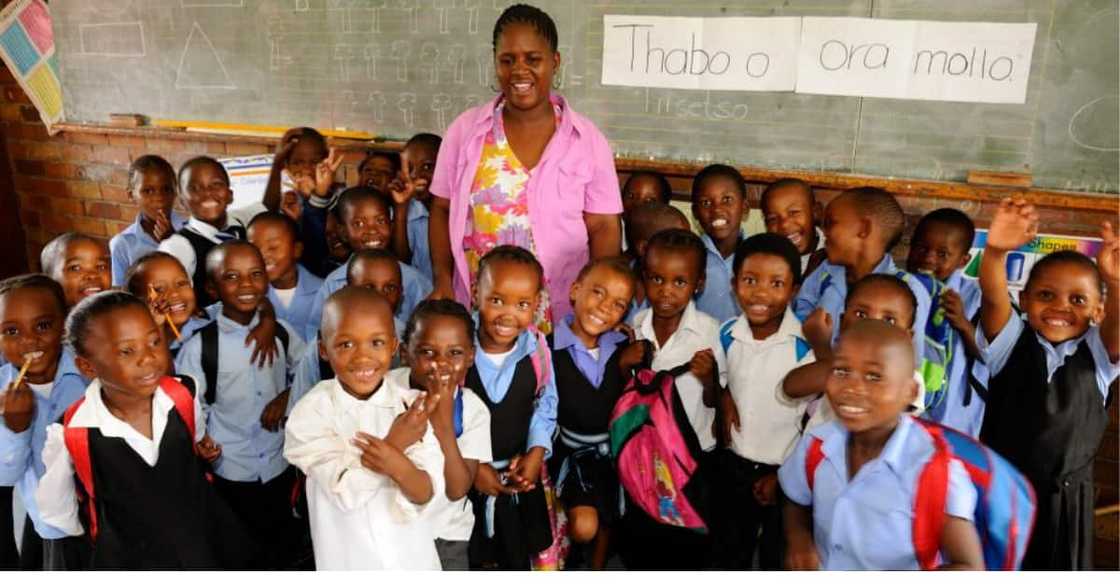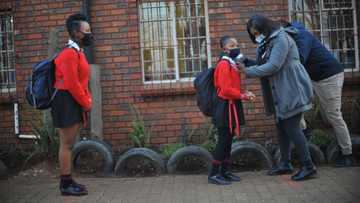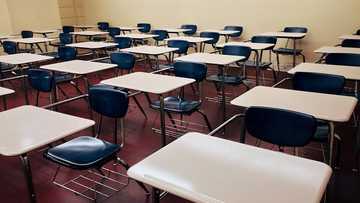Online Schooling the Answer to Education Crisis in SA? Light Shed on New Approach
The face of education in South Africa is screaming for new-age interventions to ensure the country's future remains in safe hands for generations to come. The CEO of an online school based in Johannesburg spoke to Briefly News about what this approach will mean for thousands of South African families.
PAY ATTENTION: Follow Briefly News on Twitter and never miss the hottest topics! Find us at @brieflyza!
JOHANNESBURG - The education crisis stemming from unplaced children in South African schools presents new and unique challenges for those in innovative working spaces to tackle.
As the new academic year takes off in earnest across all nine provinces, parents are scrambling to secure the last available spots for their children. However, these aren't guaranteed due to the influx of new intakes and capacity constraints facing the Department of Basic Education.

Source: Getty Images
As an answer to this problem, a South African online-only school called Teneo – with its offices in Bryanston, Sandton – is making it their business to challenge the status quo.
The online school, like many others around the world, is attempting to alleviate the headache the parents of at least 20 000 to 30 000 first-time South African learners contend with every year.
Enjoy reading our stories? Download the BRIEFLY NEWS app on Google Play now and stay up-to-date with major South African news!
Gentrification not making it easy
"Thousands of families battle to secure a place for their children in schools. In the past, the challenge was securing a place at their preferred school, but in time, this evolved into a battle to find a spot at any school," said CEO of Teneo Online School, John Shaw, in an exclusive interview with Briefly News.
Shaw believes online schools are slowly becoming grander and more fashionable alternatives to classroom education. According to a leading competing online school, learning carried out in this way fits in with the "new normal" the world has been forced to adopt since the start of the Covid-19 pandemic.
"It proves that, if carried out in a meaningful way, online schooling could remedy the country's education crisis, which, in turn, plays an important role in stimulating the economy, and other things," said Shaw, who had a simple answer when asked what he thought contributed to the capacity issues.

Read also
New Year celebrations get the green light, SA to welcome January 1 in style as curfew lifted
"The issue contributing to this is infrastructure. Naturally, the majority of parents opt for enrolling their children at nearby schools, but due to [urbanisation in less affluent areas], the status quo has completely shifted.
"In Gauteng, for instance, the urban landscape is constantly evolving. What may have once been a family with two kids on a single property is now five families with ten children. Yet few, if any, new public schools are being built," added Shaw.

Source: Getty Images
Likely a plausible solution to consider
But as with any problematic scenario, Shaw holds the view that online schooling offers "a great option for parents and students to look into as there is so much more" than what may be thought of them.
"Space and capacity issues at schools have in themselves provided an opportunity to do things differently. Online schools are a great option for parents and learners to consider.
"They will likely ease some of the capacity issues in public schools, but will only be a permanent solution if their benefit is seen," Shaw told Briefly News.
"Many learners thrive in the online schooling environment and leave with their accredited Grade 12 certificate. Ultimately, it's up to parents to find what works best for their children."
Parents warned to secure school spots
Elsewhere, Briefly News previously reported that South African parents and guardians were urged to prioritise getting their children into school on time as the 2022 academic year drew near.
The Department of Basic Education warned that those who haven't secured school placement will struggle when the new academic year gets underway next week.
Learners and educators in inland provinces – Gauteng, Free State, Limpopo, Mpumalanga and North West – made their way back to the classroom as of Monday, 10 January and Wednesday, 12 January, respectively.
In coastal provinces – Northern Cape, Eastern Cape, Western Cape, and KwaZulu-Natal – teaching and learning will resume next week. Department spokesperson Elijah Mhlanga said applications for admission at the eleventh hour remains a contentious issue.
"We have 20 000 to 30 000 parents of new learners who bring their children to school at the beginning of every year without having applied. This results in a problem that the education systems in all nine provinces are not able to handle," explained Mhlanga.
Source: Briefly News



